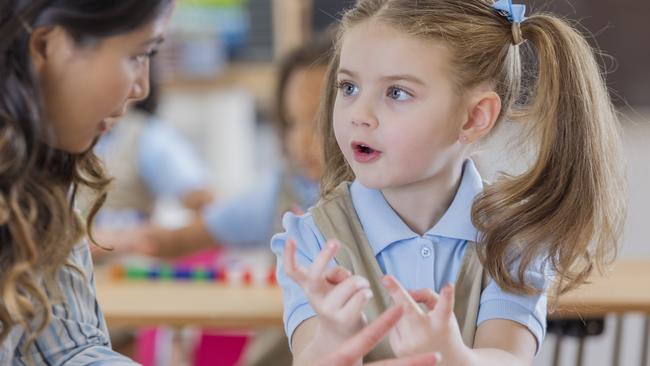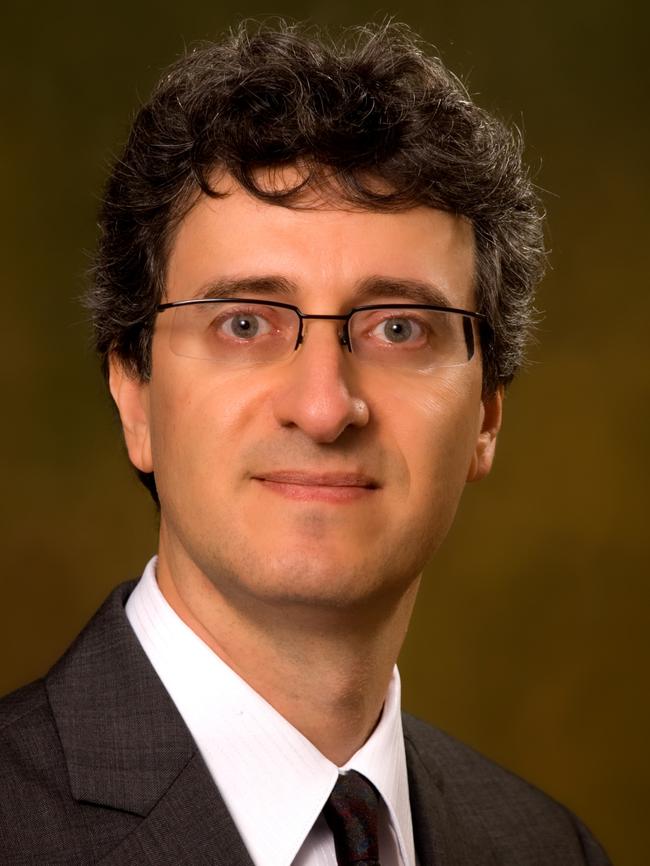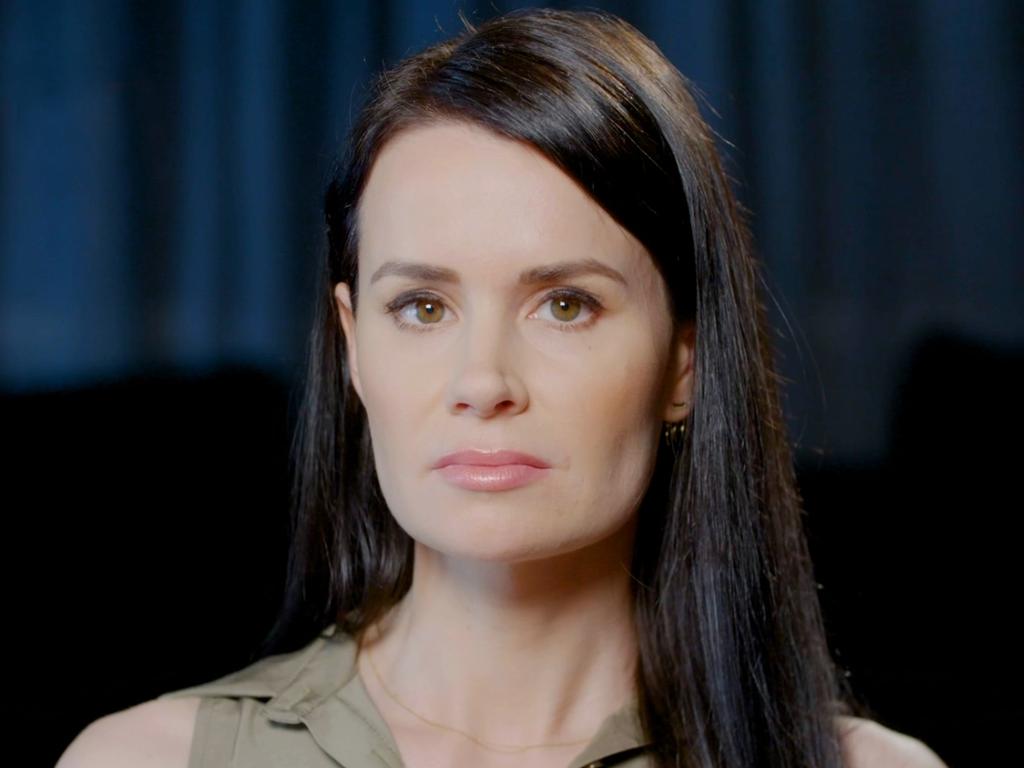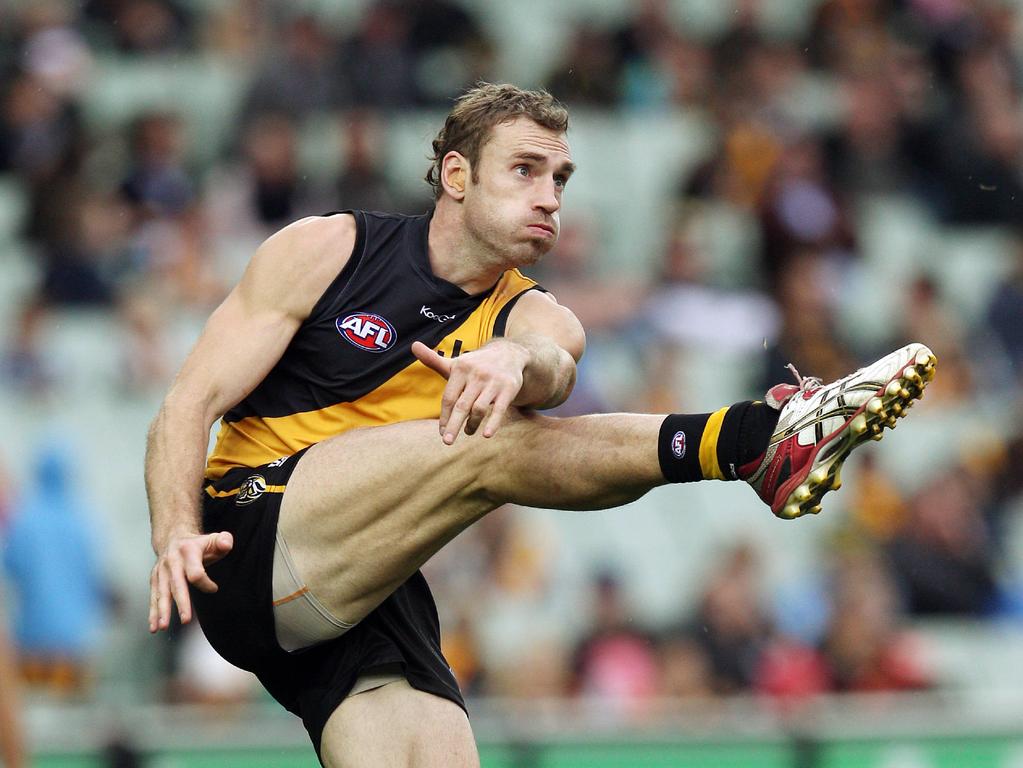Big ideas for mathematics curriculum fail the test
Plans for a world-class national school curriculum to arrest declining academic results are in disarray.

Plans for a world-class national school curriculum to arrest Australia’s declining academic results are in disarray after a proposal to base the teaching of mathematics around “big ideas” was rejected twice.
The board of the Australian Curriculum Assessment and Reporting Authority last month ordered more work to be done on the proposed maths curriculum amid concern that drafted changes would confuse teachers and fail to address the overarching aim of boosting student achievement.
Under the proposed curriculum, the teaching of mathematics from the first year of school to Year 10 was to be organised around concepts deemed important for understanding mathematical “structures”, “approaches” and “mathematising” — with a strong focus on developing problem-solving skills.
The curriculum review followed Australia’s poor showing on international education tests, including a 2018 assessment that revealed the nation’s 15-year-olds were performing at a significantly lower standard in reading, maths and science than a decade ago.
Maths was of particular concern, with Australian students for the first time failing to beat the OECD average.
Among documents presented to the ACARA board at its February 19 meeting — seen by The Australian — was a summary of proposed revisions, including removal of certain items, such as the study of Australian coins and telling the time from Year 1; naming and ordering seasons from Year 2; and the solving of equations algebraically in Years 7 to 10.
Mathematical modelling and financial maths had been given a greater emphasis in the Year 7 to 10 curriculum while new content was also added, including error and approximation, networks and logarithmic scales.
Also presented to the board was a list of “core concepts”, which were described as “the big ideas, understandings, skills or processes that are central to the mathematics curriculum”. “They give clarity and direction about what content matters most in the learning area,” the document says.
“Core concepts in mathematics centre around the three organising ideas of mathematical structures, approaches and mathematising … Knowledge and conceptual understanding of mathematical structures and approaches enables students to mathematise situations, making sense of the world.”
Mathematising, according to the ACARA document, is the “process of seeing the world using mathematics by recognising, interpreting and representing situations mathematically”.
It is a term not currently included in the Australian curriculum but features in curriculum documents developed by US education futurist Charles Fadel, whose Centre for Curriculum Redesign was paid $215,000 to provide advice on the new maths program.
At the time of his July 2018 appointment, Mr Fadel, who is an advocate of promoting the importance of so-called 21st century skills in the school curriculum, said he wanted to modernise the maths curriculum by “bringing in concepts, interdisciplinary learning and competencies — skills, character and meta-learning”.
Although the board was in agreement about the importance of raising the academic expectations in maths — an area where Australian students fell below the average in the OECD’s latest Program for International Student

Assessment — it was concerned that much of the new curriculum material was unnecessarily complex and would serve to confuse many teachers; many of which were not maths subject specialists.
The board — comprised of representatives of each state and territory — also expressed concern that the draft amounted to a new maths curriculum, going beyond the scope of the review, which was to refine, realign and declutter, according to sources with knowledge of those discussions but not authorised to speak publicly.
It was the second time the ACARA board declined to approve the document.
A draft of the revised maths curriculum was due to be released for public consultation this term but ACARA announced on Christmas Eve that the timeline would be extended. It will instead be released at the end of April alongside proposed revisions for all other subject areas. ACARA has said the end date for the review remains unchanged at January 2022.
Terms of reference for the review were endorsed in June, although ACARA has conducted internal work for some time including hiring Mr Fadel’s centre and researching curriculums of high-performing education systems including Singapore, Canada’s British Columbia and Finland.
Education Minister Alan Tudge said he would not pass judgment while the process was underway.
However, he said the ACARA review was an opportunity to set a curriculum for the long term that would “put Australian students back among the best-performing in the world”.
“It is not a bad thing that there are robust discussions being had or that input is being revised and refined,” Mr Tudge said.
Maths teacher and author Greg Ashman, who has written on the battle between traditional and progressive forces in education, questioned the need for the concept of “mathematising” to be included in documents to guide Australia’s teachers. He also expressed concern over the emphasis on problem solving.
“They have the same issue; they both are descriptions of what professional mathematicians do and fairly accurate ones at that, if a little abstract,” Mr Ashman said.
“The issue is that learning maths and being a professional mathematician are different and these have the potential [to] make students look like they are doing maths and behaving like mathematicians but not necessarily learning much.”
ACARA chief executive David de Carvalho said he was unable to comment on the board discussions or the content of the draft documents due to confidentiality restraints.
“We have high expectations and high aspirations for our teachers and students and there is an extensive and collaborative review process in place with teachers and curriculum experts working together to shape an improved Australian Curriculum that aligns with the best in the world,” Mr de Carvalho said.







To join the conversation, please log in. Don't have an account? Register
Join the conversation, you are commenting as Logout